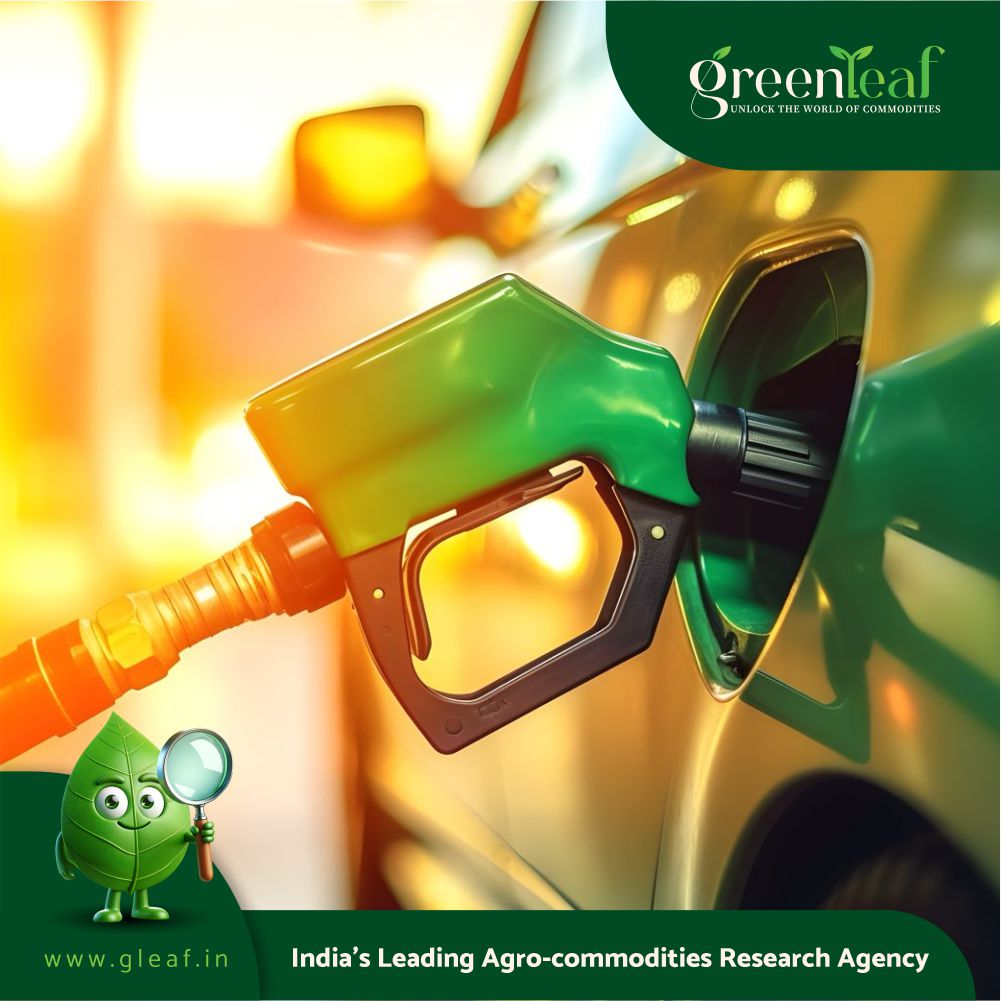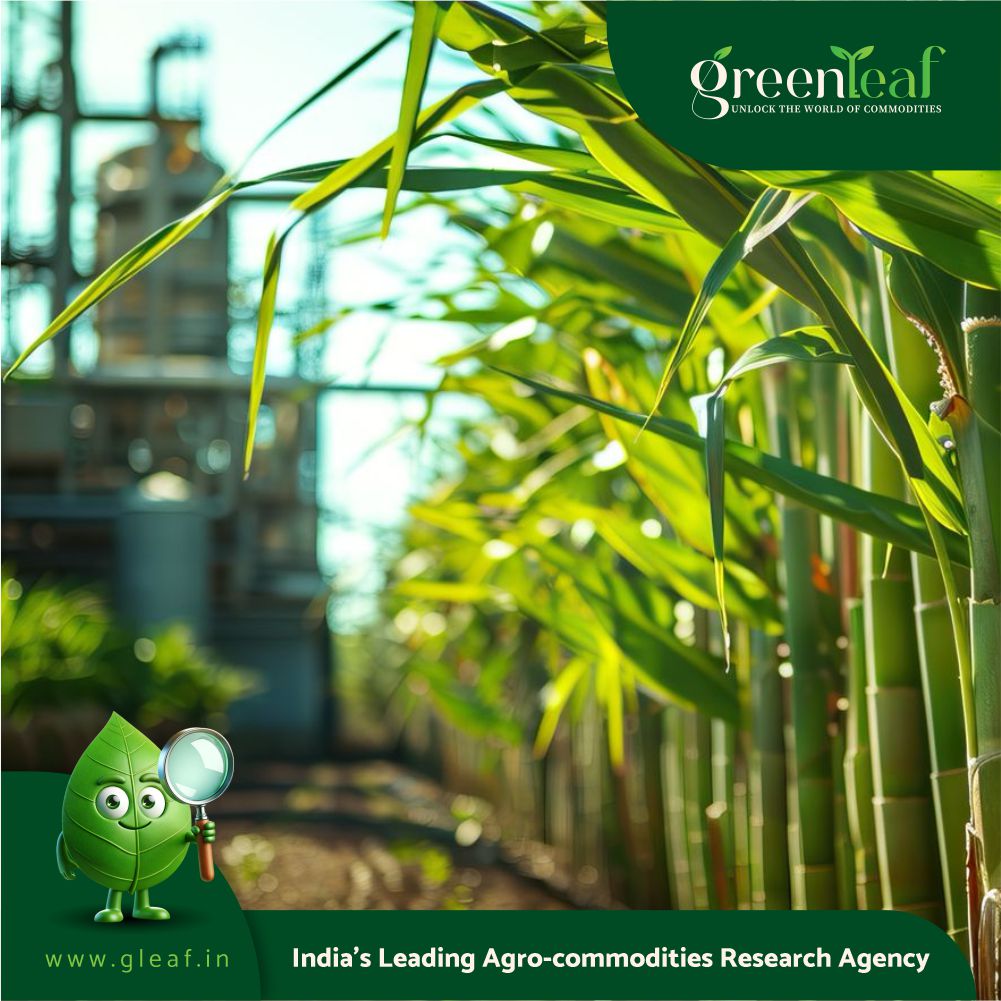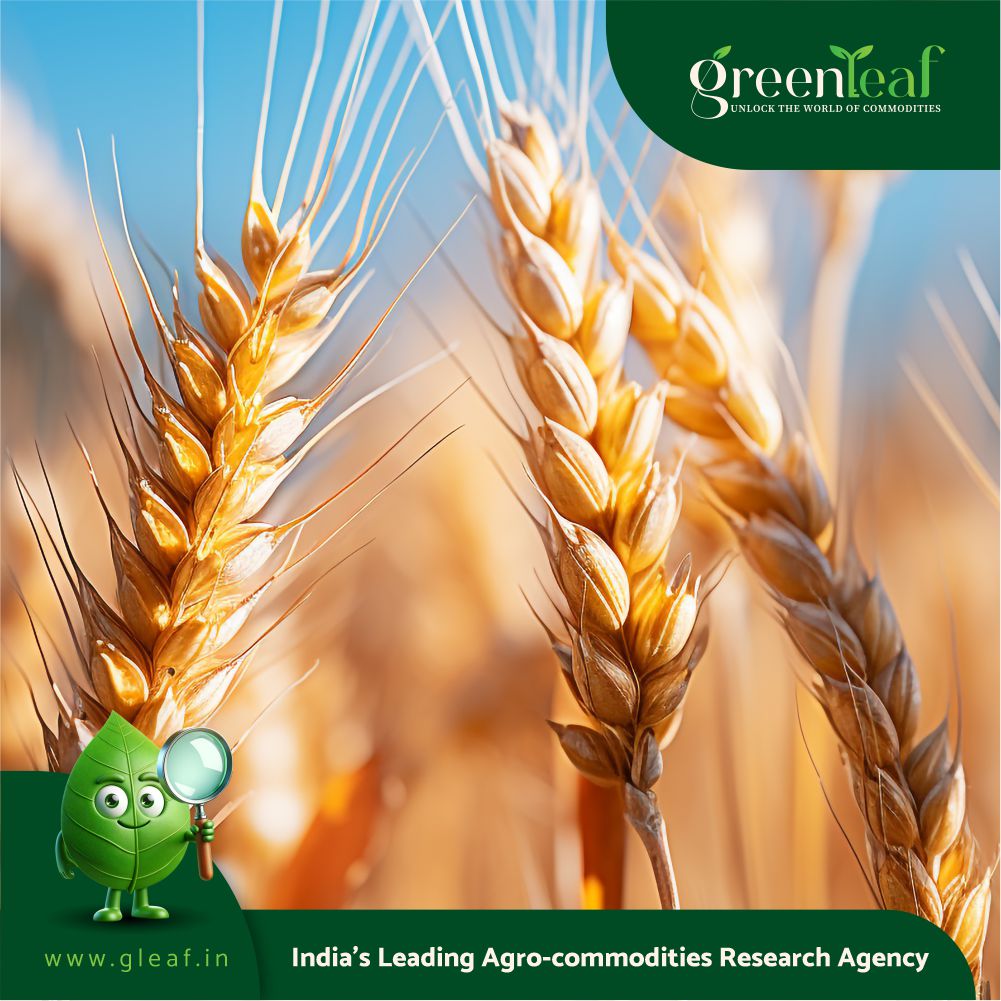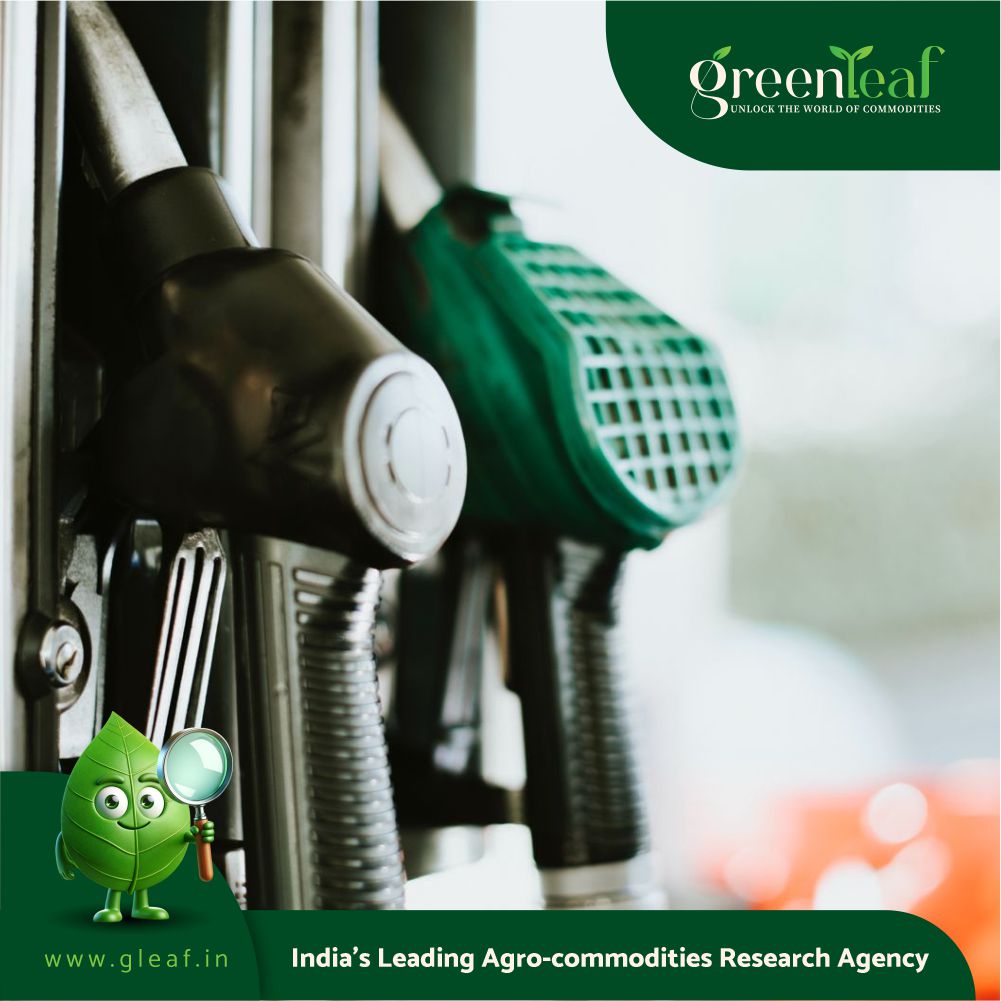Godavari Biorefineries (GBL) is betting big on bio-based chemicals as the next growth engine, with plans to triple its earnings before interest, taxes, depreciation, and amortisation (EBITDA) between FY25 and FY29. Executive Director Sangeeta Srivastava said the company sees ethanol as a stabilising pillar under India’s blending programme but is directing future capital towards biochemicals to align with global decarbonisation trends.
“We believe ethanol gives us financial and operational security, but our growth will come from biochemicals,” Srivastava told BW Businessworld in an interview. “We maintain only a minimum balance in sugar, while ethanol provides stability. Chemicals are where the real growth lies.”
Ethanol As Safety Net, Biochemicals As Growth Driver
GBL operates across sugar, power, chemicals, and distillery segments. Its capital deployment, Srivastava said, is now guided by a philosophy that prioritises ethanol as a buffer and chemicals as a long-term value creator. “We aim to decarbonise the chemical value chain through co-creation with customers, bringing in bio-based carbon for drop-in molecules,” she noted.
With India’s ethanol blending target recently raised to 30 per cent, GBL continues to supply about 85–90 per cent of its ethanol to the programme. But the company has been diversifying uses, reducing dependence on the policy while supporting energy security and farmer incomes.
To enhance operational resilience, Srivastav said that GBL is investing Rs 130 crore in a new 200 KLPD grain- and maize-based ethanol facility. This will supplement sugarcane-based operations and extend plant utilisation beyond the traditional crushing season.
“Sugarcane operations typically run for 130–140 days, but with grain feedstock we can operate longer, ensuring better asset utilisation,” Srivastava said. “Availability of corn in the same region protects us from supply disruptions, while flexibility allows us to integrate multiple feedstocks smoothly.”
This move, she added, will not only help meet government blending targets but also shield operations from climate and seasonal risks.
Strengthening Farmer Partnerships
GBL’s growth strategy also hinges on securing sustainable feedstock through deep engagement with farmers. The company established an independent Agricultural Research Institute at Sameerwadi, Karnataka, which works with scientists and cultivators to improve cane varieties, soil fertility, and crop resilience.
“Our journey began with farm-level innovation to enhance soil health and continues today with collaborations with institutions like Somaiya Vidyavihar University and Michigan State University,” Srivastava said. “We are adopting both traditional practices, such as Panchagavya and modern scientific methods to retain soil carbon.”
She said that GBL is positioning itself as an import-substitution player in bio-based chemicals. One recent success is the commercialisation of Ethyl Vinyl Ether - previously fully imported into India and largely fossil-based. “We developed and scaled this bio-based product in-house, ensuring it met customer specifications. It has now been approved by Indian buyers and international partners,” she added.
Looking ahead, the company is targeting bio-butanol as a major growth molecule. “We have communicated to investors that from FY25 to FY29, we aim to achieve 3 times EBITDA, with bio-butanol playing a significant role,” she added.
ESG And Sustainability Priorities
“All our facilities are zero-liquid-discharge, with 84 per cent of our energy coming from biomass and nearly all water recycled,” she noted. “We run schools in factory areas, train local communities, and ensure environmental awareness. ESG is not just a compliance requirement but part of how we create value.”
On the future of India’s biochemical sector, Srivastava said the global shift towards decarbonisation has opened a window of opportunity for Indian producers. “India has abundant biomass and the capability to convert it into products. If supported with the right incentives, we can be a global supplier of green carbon,” she said.
She stressed that the world is looking for fossil replacements. The growth potential is enormous, and India can play a much bigger role in embedding bio-based carbon into global value chains.















